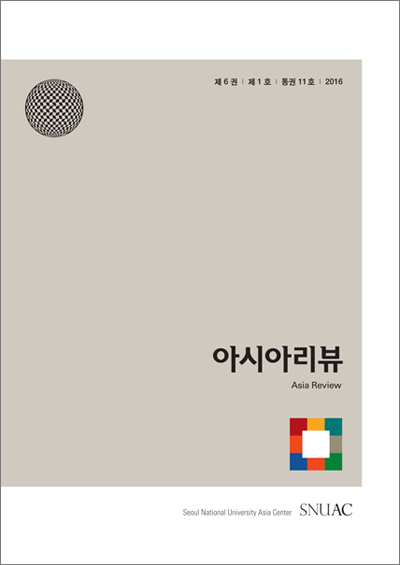In today’s China, legacies of the centrally planned economy under Mao Zedong’s rule are being rejuvenated, which coincides with the trend of reevaluating Mao-era history more positively. For example, Supply and Marketing Cooperatives, the forces of the planned economy that dominated Chinese peasants’ marketing and purchase of products, are regaining influence in rural China. Opposite to the Supply and Marketing Cooperatives were free businesses, which faced serious restrictions and crackdowns throughout the planned economy era. Although China deviated from the model of the planned economy decades ago, a lack of sufficient bottom-up evidence has prevented researchers from presenting a clear picture of rural residents’ experiences under the planned economy, such as how they suffered from and responded to the minimization of free rural markets. This deficiency in research foreshadows the revival of the Supply and Marketing Cooperatives in a glamorized form. Based on large numbers of primary and archival sources, this article pays a county-level revisit to Chinese peasants’ continuous attempts to trade their harvest freely, especially through participating in illegal markets, during the Cultural Revolution (1966–1976). Through exploring the unplanned and unauthorized prosperity in rural commerce that went beyond lawful boundaries, the research aims to reassess Chinese peasants’ authentic marketing experiences under the planned economy, so as to provide evidence-based references for reconsidering today’s popular reevaluation of Mao-era legacies molded by the planned economy.
Unplanned and Unauthorized Prosperity under the Planned Economy: A County-Level Revisit of Chinese Peasants’ Participation in Illegal Markets during the Cultural Revolution
저자: Sanjiao Tang (The University of Auckland Ph.D. in Asian Studies)
주제어: planned economy, rural business, black market, Cultural Revolution

